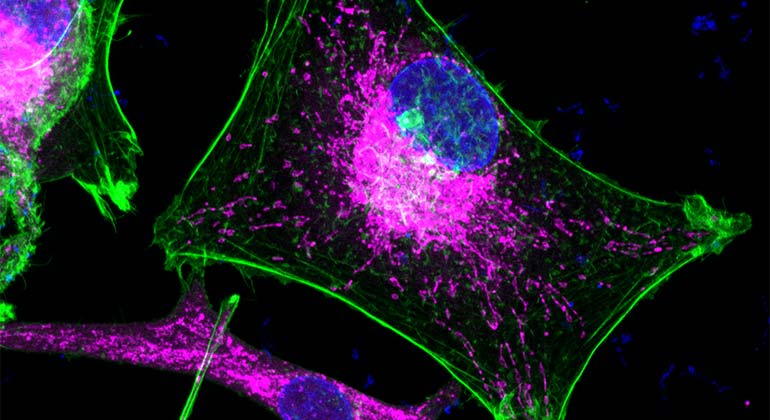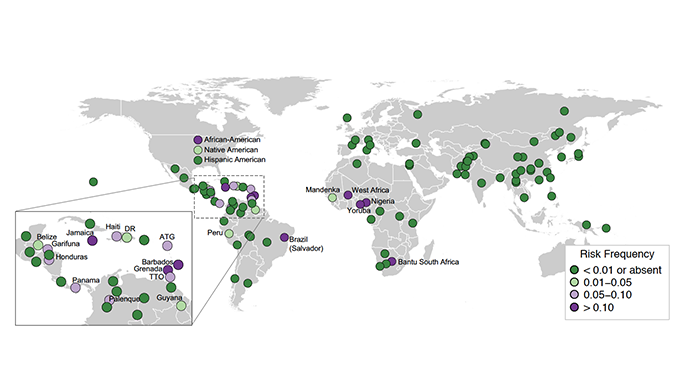"Computational Models Provides Genetic Insight into Atherosclerosis"
Researchers have identified a new gene-activation pathway caused by lipids associated with coronary artery disease, a finding that could help identify new directions in research and drug development. The discovery that exposure to lipids activates a gene called MTHFD2 in the walls of blood vessels was made by researchers from the Institute for Cardiovascular Physiology of Geothe University and the Department of Genetics and Genomic Sciences at the Icahn School of Medicine at Mount Sinai. The researchers used a computational model of the cells lining blood vessels in the human heart developed at Mount Sinai. “Endothelial cell response to lipids has been studied extensively over the years, but it was still unknown that MTHFD2 was even functional in these cells,” said Jun Zhu, PhD, professor of genetics and genomic sciences at the Icahn School of Medicine at Mount Sinai, and head of data science at Sema4, and co-senior author of the study. “Computational biological models such as the one we used in this study are allowing us to uncover a wealth of knowledge about complex diseases that we never could before.”
- Jun Zhu, PhD, Professor, Genetics and Genomic Sciences, Icahn School of Medicine at Mount Sinai, Head, Data Science, Sema4
Additional coverage:

Mount Sinai and IBM Researchers Uncover Key to Greater Efficacy in Cancer Treatment
Mar 21, 2019 View All Press ReleasesSanofi, Sema4, Mount Sinai Collaborate on Largest Asthma Study of Its Kind
Dec 04, 2018 View All Press Releases